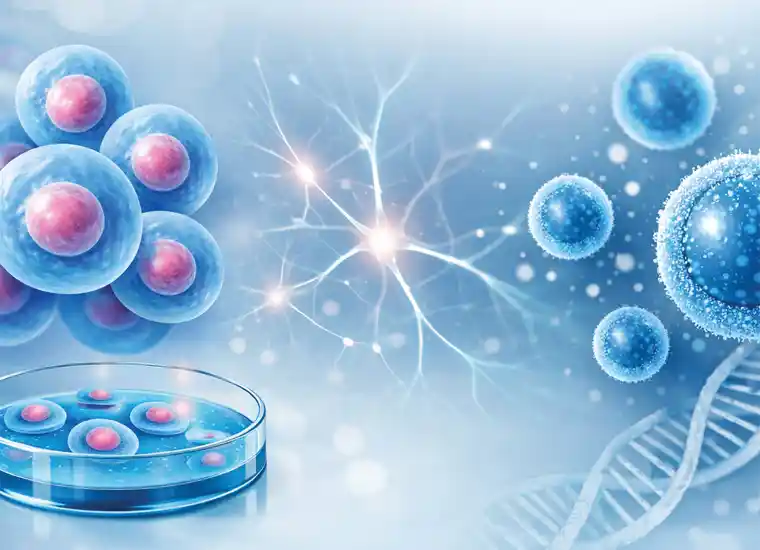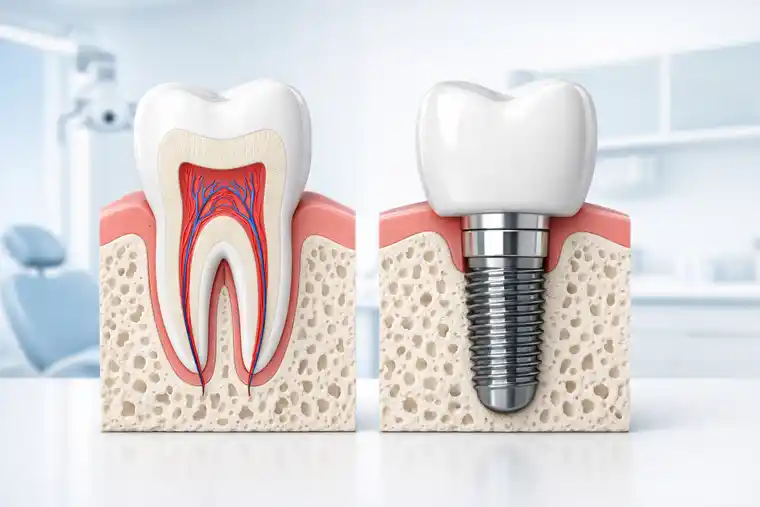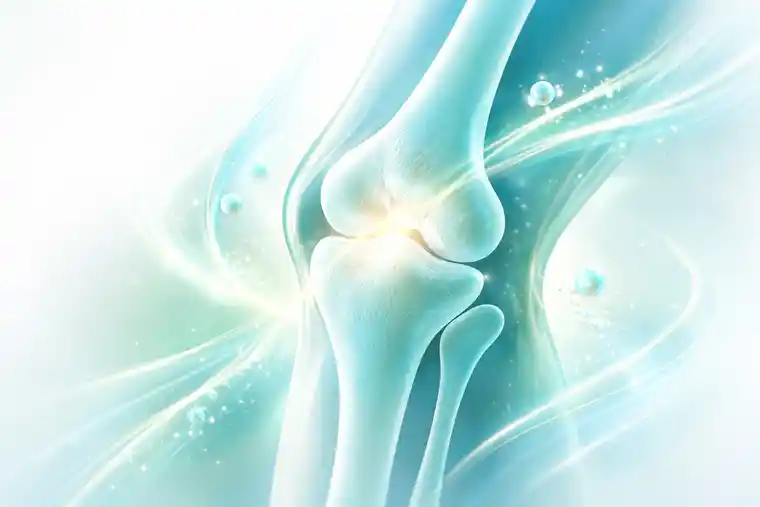Stem Cell Therapy in Istanbul, Turkey | Best Clinics, Prices & Surgeons
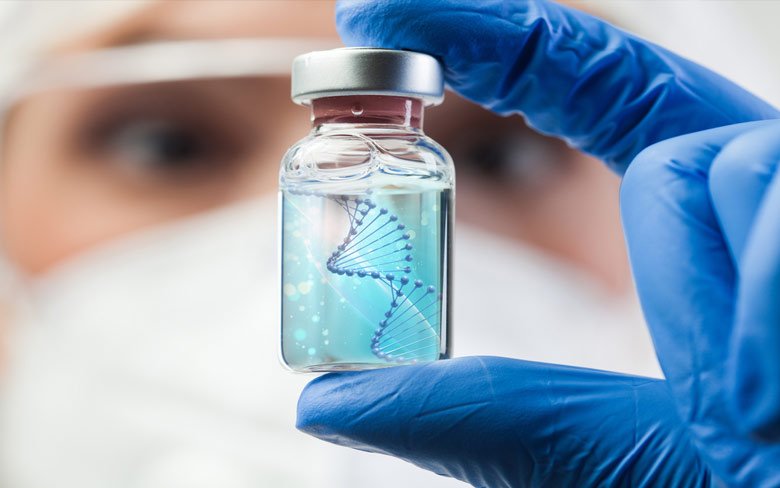
Stem cell therapy in Istanbul offers the potential for regenerative therapy, minimally invasive procedures, and possible alternative options in certain medical conditions.
Istanbul welcomes both local and international patients who are looking for the benefits of stem cell therapy.
Stem cell therapy in Istanbul is available at various medical centers and clinics. It includes regenerative therapy and personalized techniques for eligible patients. The city is home to modern facilities and skilled medical professionals that follow the latest advances in stem cell research and technology.
Moreover, Istanbul offers a unique blend of rich history, vibrant culture and famous hospitality. After their treatment, patients can enjoy all the city’s attractions. When these factors are considered together, Istanbul becomes an excellent medical tourism destination.
Read everything you need to know about stem cell therapy in Istanbul here. It involves a wide range of medical specialties such as orthopedics, neurology, cardiology and cosmetic procedures. This is the best spot for you to learn all about stem cells.
Let’s get started!
If you have any questions about the treatment process or prices, just contact us and let us help you! We’re looking forward to your call!
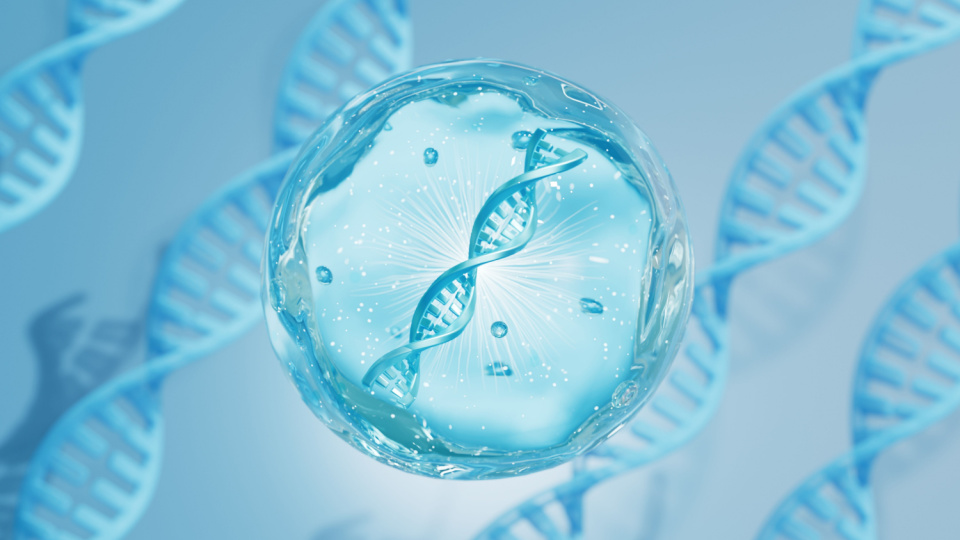
Table of Contents
So What Is Stem Cell Therapy
- Stem cell therapy is a medical treatment technique. It uses the regenerative properties of stem cells to repair or replace damaged tissues and promote healing in the body.
- It can help to promote tissue repair and regeneration, reduce inflammation, regulate the immune system and potentially improve overall function and quality of life.
Treatment Plan
Treatment starts with a consultation with a stem cell therapy professional. This will determine whether stem cell therapy is suitable for you.
The next step is source selection. This source may be bone marrow, adipose tissue or umbilical cord blood. Then the stem cells are harvested from the selected source. This may involve procedures such as bone marrow aspiration, liposuction for adipose tissue or collection from donated umbilical cord blood. The harvested cells are processed and isolated in a laboratory to obtain a concentrated and purified stem cell population.
Depending on the therapy targets, the stem cells are supplied to the patient in different ways. Intravenous infusion is one common way of delivering stem cells directly into the bloodstream. Localized therapy can include either a direct injection into the target region or surgical insertion during a procedure.
After stem cell therapy, regular follow-up and monitoring are performed to assess the patient’s progress. This may include medical examinations, imaging studies or laboratory tests. Depending on the individual response to stem cell therapy, additional treatments may be recommended.

Stem Cell Therapy is for:
- Those who have a degenerative or chronic condition that has not responded well to conventional treatments.
- Those who have tissue or organ damage that could potentially benefit from the regenerative properties of stem cells.
- Those who are seeking alternative treatment options to improve their quality of life.
- Those who have experienced sports injuries or musculoskeletal problems that require tissue repair and regeneration.
- Those who are interested in anti-aging or cosmetic procedures, such as skin rejuvenation or hair regrowth.
- Those who have autoimmune disorders or inflammatory conditions that may benefit from the immunomodulatory properties of stem cells.
- Those who are seeking potential benefits for neurological conditions, such as Parkinson’s disease or spinal cord injuries.
- Those who have cardiovascular diseases or vascular problems that could potentially benefit from enhanced tissue healing and angiogenesis.
- Those who are looking for options to improve wound healing or scar reduction.
- Those who have a strong interest in regenerative medicine and its potential to address various health concerns.
- Those who have some crucial diseases such as autism, cerebral palsy, type 1 diabetes, chronic obstructive pulmonary disease (COPD), multiple sclerosis (MS), Crohn’s disease, ulcerative colitis and more.
Stem Cell Therapy in Istanbul, Duration:
- In general, stem cell therapy is not a one-time treatment. It is a process that may include multiple sessions or follow-up treatments.
- Each session of stem cell therapy takes several hours. During this time, stem cells are collected, processed and administered to the patient. The method of administration varies depending on the treatment goals and targeted area.
- The overall treatment duration can take several months because it may include pre-treatment assessments, stem cell isolation and expansion, and the interval between sessions.
Stem Cell Recovery Timeline:
- You should avoid heavy physical activity for a few days to a few weeks.
- Following the initial recovery period, your healthcare professional may recommend that you gradually increase your physical activity.
- Depending on the specific condition, your healthcare professional may recommend that you attend rehabilitation or physiotherapy sessions. These sessions allow you to improve strength and mobility.
Possible Risks for Stem Cell Therapy in Istanbul:
- Infection
- Rejection or immune reactions
- Tumor formation
- Unwanted tissue formation
- Blood vessel blockage
- Adverse effects on existing conditions
- Lack of regulation
Aftercare & Healing Process
Aftercare Stem Cell Therapy in Istanbul
As MedClinics, we are here for you during the first year after your surgery.
You may call our staff 24 hours a day, 7 days a week for your questions. We will ask for pictures in two weeks, two months, six months, and one year following the surgery to monitor the healing process.
Healing Process Stem Cell Therapy in Istanbul
The recovery timeline for stem cell therapy can vary depending on various factors.
The body begins the natural healing process during the early recovery period, which lasts a few days to weeks. Individuals may experience temporary swelling, bruising or fatigue. It is important to follow any post-treatment instructions.
As recovery progresses into the subacute stage, which lasts weeks to months, individuals may begin to notice improvements in their symptoms or condition. Stem cells interact with surrounding tissues, promoting regeneration and repair. At this stage, a reduction in pain, increased mobility or other positive changes occur. Regular follow-up appointments with the health care provider are very important.
The long-term recovery and maintenance phase can extend beyond the first weeks and months of treatment. The effects of stem cell therapy continue to unfold over time, and ongoing follow-up appointments may be recommended to assess long-term results. Healthcare providers may recommend additional therapies or treatments to complement the effects of stem cell therapy and promote optimal healing and recovery.

FAQ
What is Stem Cell Therapy?
Stem cell therapy is a medical treatment that uses the potential of stem cells to promote healing, regeneration, and repair in the body.
What diseases can be treated with Stem Cell Therapy in Istanbul?
Neurological disorders: Parkinson’s disease, Alzheimer’s disease, multiple sclerosis, spinal cord injuries, stroke.
Orthopedic conditions: Osteoarthritis, rheumatoid arthritis, joint injuries, cartilage defects.
Cardiovascular diseases: Heart failure, ischemic heart disease, peripheral artery disease.
Autoimmune disorders: Type 1 diabetes, systemic lupus erythematosus, Crohn’s disease, rheumatoid arthritis.
Hematological disorders: Leukemia, lymphoma, myeloma, aplastic anemia.
Dermatological conditions: Burns, chronic wounds, skin ulcers.
Eye disorders: Age-related macular degeneration, retinitis pigmentosa.
Respiratory diseases: Chronic obstructive pulmonary disease (COPD), pulmonary fibrosis.
Liver diseases: Cirrhosis, hepatitis, liver failure.
Genetic disorders: Sickle cell disease, muscular dystrophy, cystic fibrosis.
Is Stem Cell Therapy dangerous?
No, it is not dangerous if performed by a qualified and reputable doctor. But, of course there is a potential risks like any other treatments. These are bleeding, infection, blood vessel blockage etc.
Is stem cell therapy in Istanbul painful?
Generally, it is not a painful process. However, patients may rarely feel some discomfort.
Is Stem Cell Therapy legal in Turkey?
Yes, stem cell treatment is legal in Turkey. The Turkish Ministry of Health has strong laws that regulate the usage of therapy in the medical field. This protects the safety of both patients and donors.
How much does stem cell therapy in Istanbul, Turkey cost?
The cost of stem cell therapy in Turkey can range from $5,000 to $20,000 or more. For more information, you can contact us 24/7.
Can stem cells grow new hair?
Yes, stem cells have the potential to promote hair growth and treat certain types of hair loss.
What is the success rate of stem cell therapy?
Success rates for stem cell therapy can range from 60% to 80% for certain conditions. However, these rates vary depending on the patient’s condition and the treatment.
When will I know if the stem cell therapy was successful?
It may take some time to determine whether stem cell treatment was successful. Typically, success is considered as an improvement or elimination of symptoms as well as an increase in overall quality of life.
Is stem cell therapy worth it?
Yes, stem cell therapy can be worth it for patients. But it is important to choose reliable and reputable medical professional for it.
Get your free consultation
- Need guidance and reassurance?
- Talk to a real person from MedClinics!
- Let's find the perfect doctor together.

